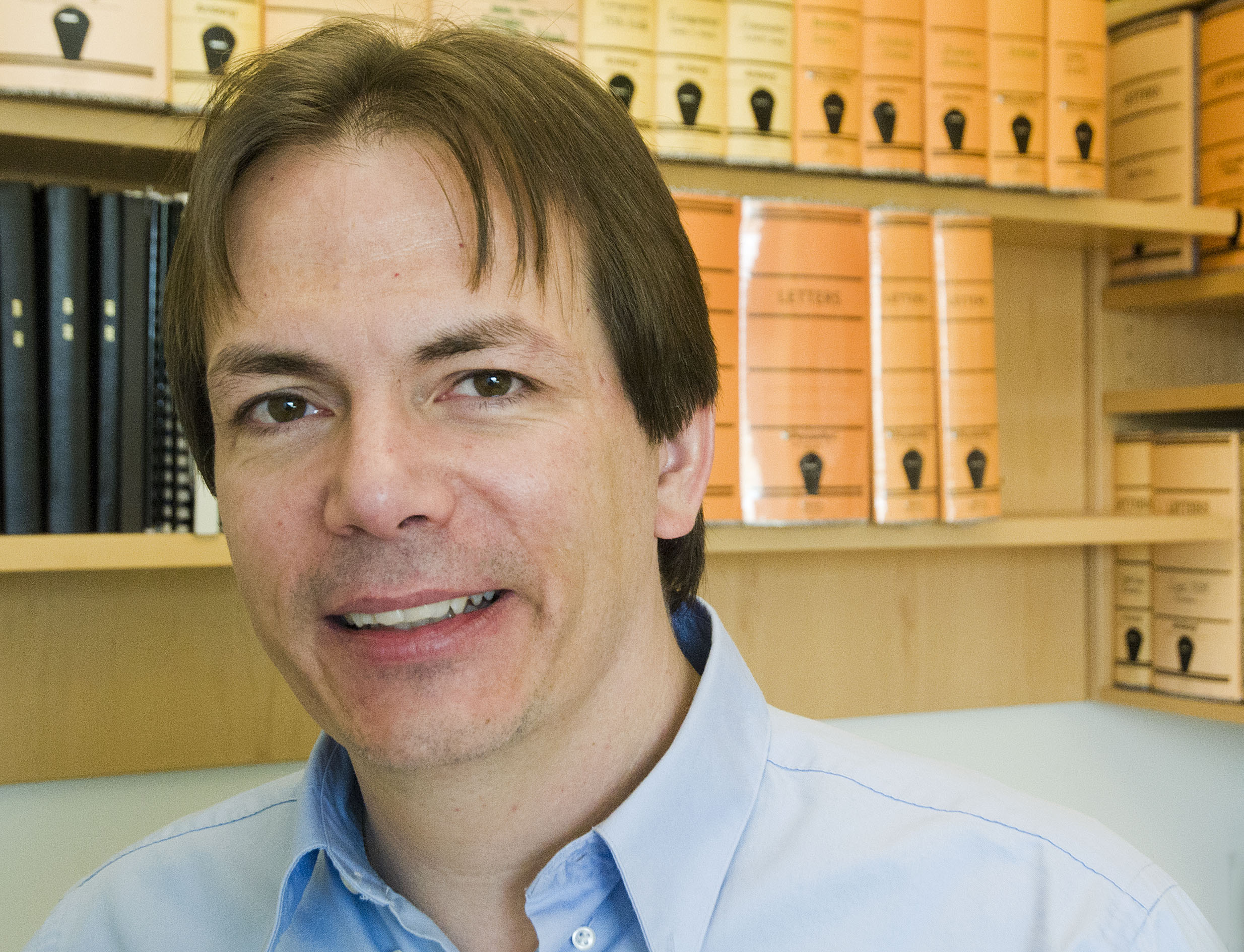
Evan Eichler
Professor of Genome Sciences
University of Washington
From this contributor
Autism and the complete human genome: Q&A with Evan Eichler
Scientists have at last filled in the missing gaps — an advance likely to inform every aspect of autism genetics research, Eichler says.
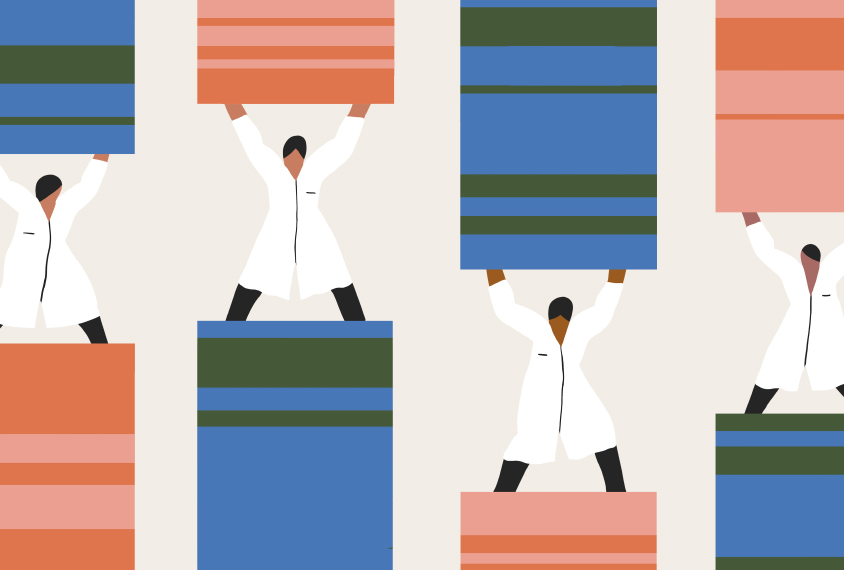
Autism and the complete human genome: Q&A with Evan Eichler
Remembering Steve Warren (1953-2021): A giant in the field of genetics
Steve Warren co-discovered the genetic mechanism that underpins fragile X syndrome and was a generous, inspiring mentor to many.
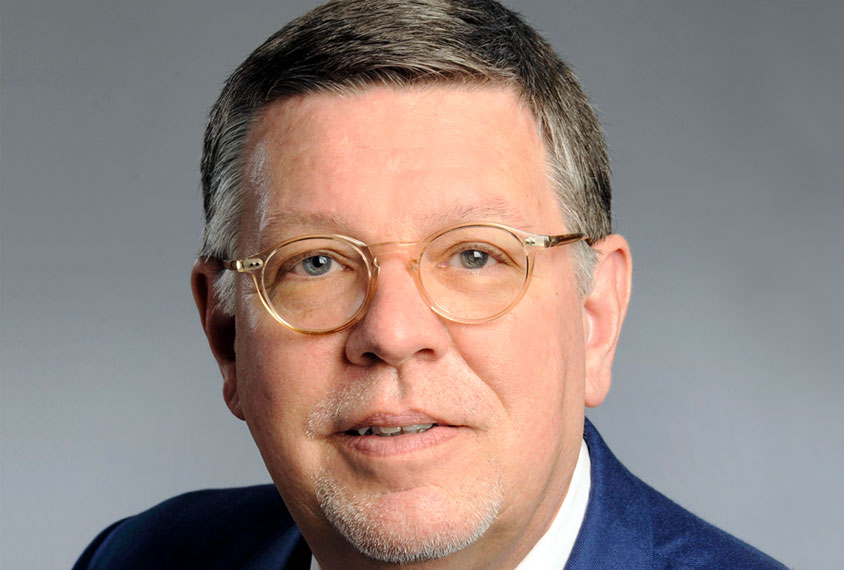
Remembering Steve Warren (1953-2021): A giant in the field of genetics
Questions for Evan Eichler: An evolving theory of autism
A gene that raises the risk of autism in some people may also give humans an evolutionary boost.
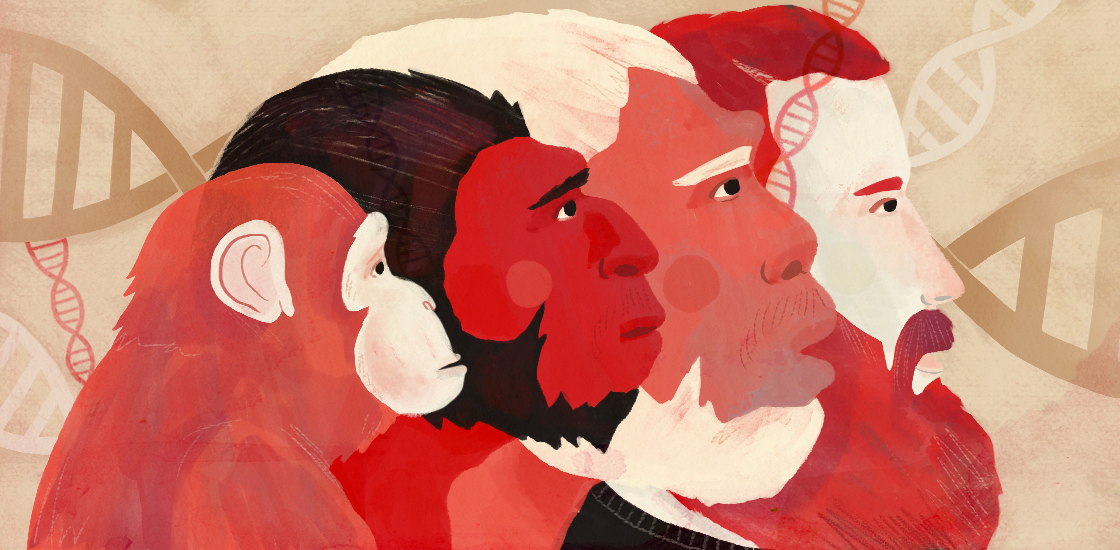
Questions for Evan Eichler: An evolving theory of autism
Explore more from The Transmitter
‘Bird Brains and Behavior,’ an excerpt
In their new book, published today, Georg Striedter and Andrew Iwaniuk dive deep into the latest research on the neural mechanisms of avian behavior. This excerpt from Chapter 2 explores how birds sleep.
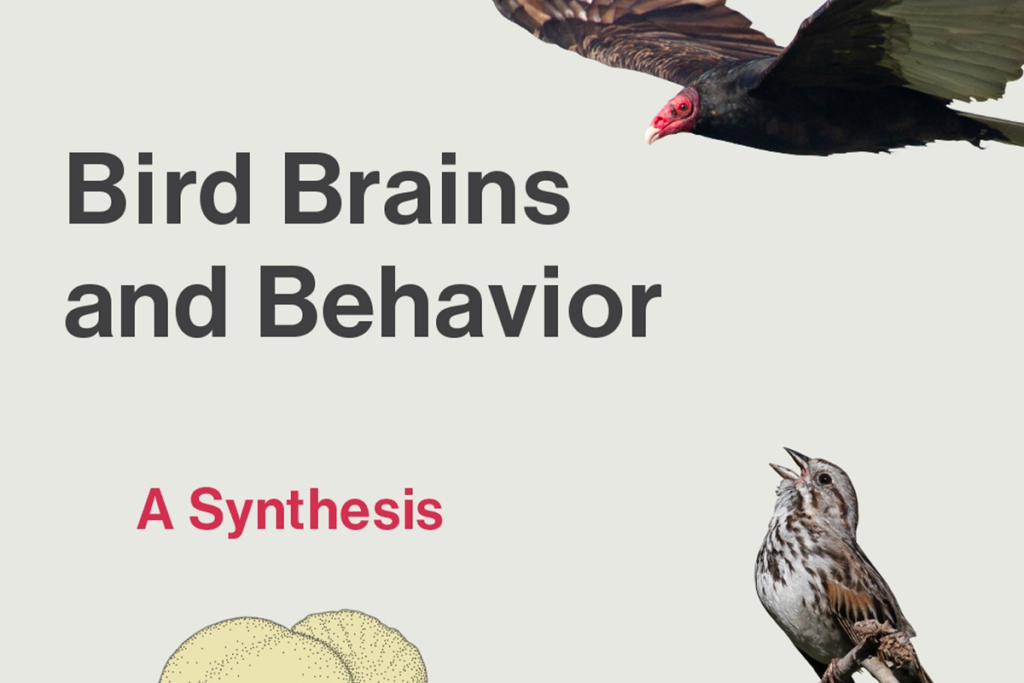
‘Bird Brains and Behavior,’ an excerpt
In their new book, published today, Georg Striedter and Andrew Iwaniuk dive deep into the latest research on the neural mechanisms of avian behavior. This excerpt from Chapter 2 explores how birds sleep.
Itch in a mouse model of autism; and more
Here is a roundup of autism-related news and research spotted around the web for the week of 4 August.
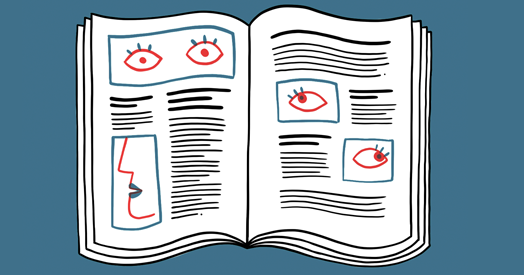
Itch in a mouse model of autism; and more
Here is a roundup of autism-related news and research spotted around the web for the week of 4 August.
Neural population-based approaches have opened new windows into neural computations and behavior
Neural manifold properties can help us understand how animal brains deal with complex information, execute flexible behaviors and reuse common computations.
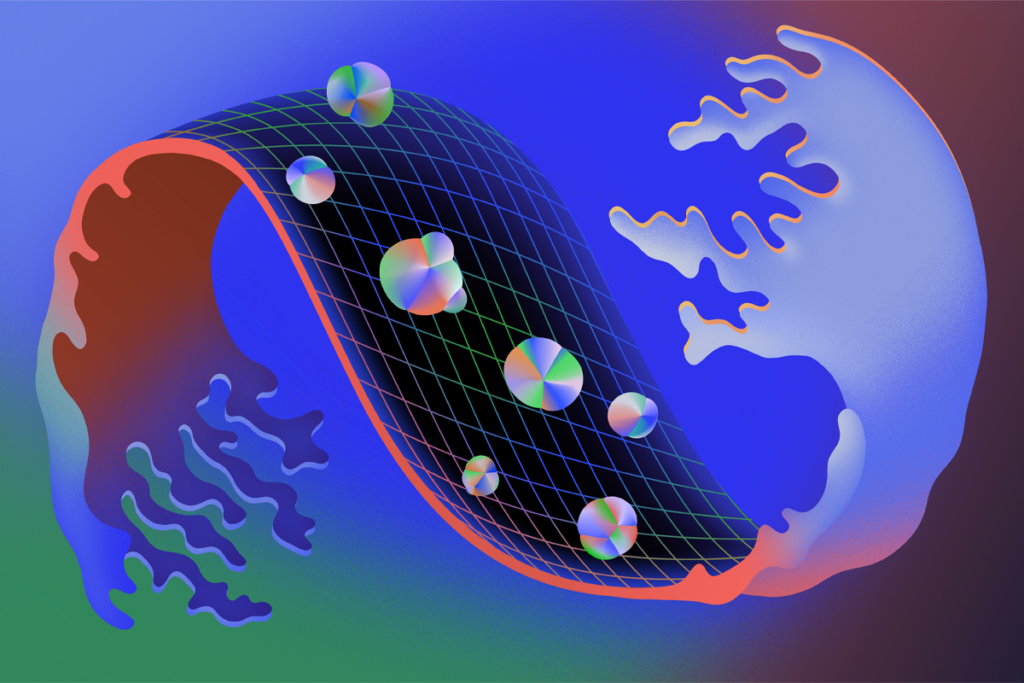
Neural population-based approaches have opened new windows into neural computations and behavior
Neural manifold properties can help us understand how animal brains deal with complex information, execute flexible behaviors and reuse common computations.